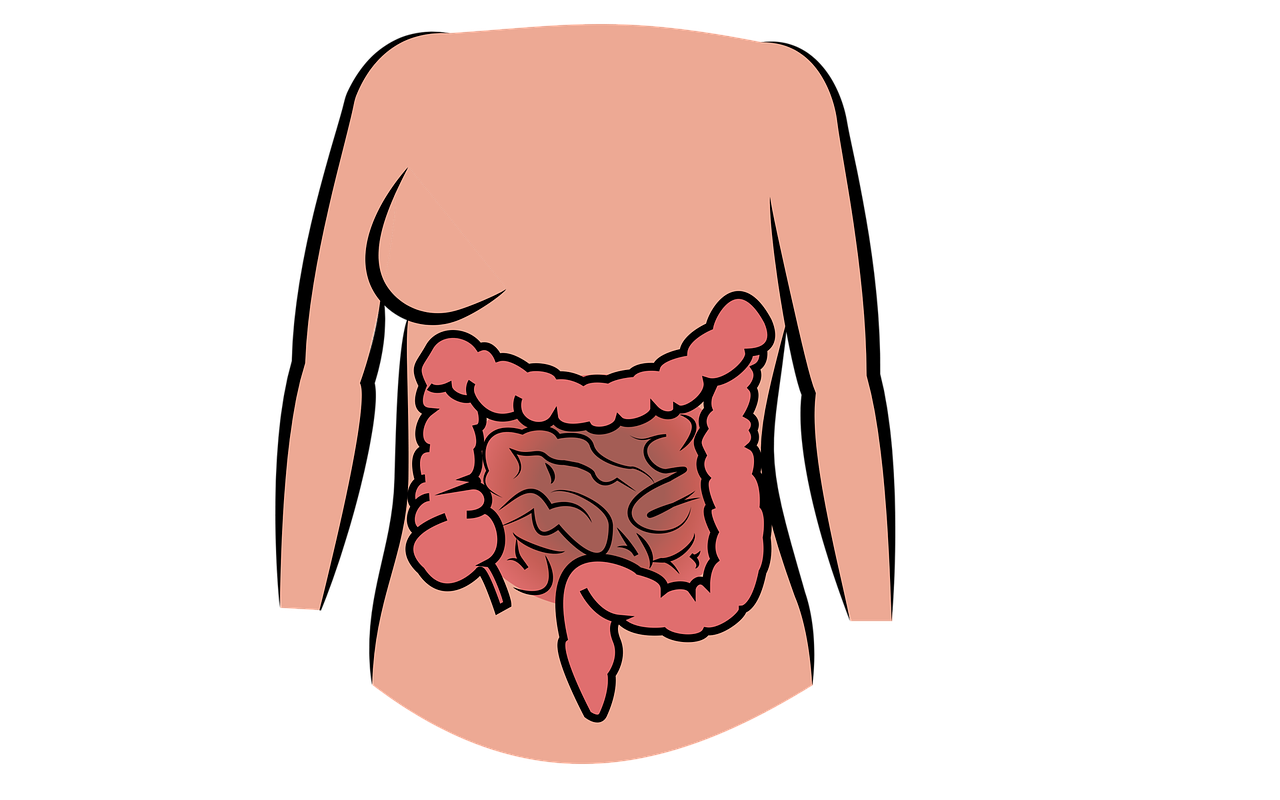Overview of Colonoscopic imaging
In recent times, Colon cancer is weighing heavily on the health and wellness of the global population. A report of the American Cancer Society revealed that in the year 2022, 44,850 new cases of rectal cancer were detected in America. Colonoscopie has appeared as a potential tool for detecting colon cancer. This imaging test is conducted by inserting a long tube from the rectal area, while the associated camera in the tube traces the sign of polyps in that particular area. However, the idea of Colonoscopy seems to be highly painful to people who have no sound knowledge about it. This blog is going to let the readers the process of colonoscopic and uncover the facts associated with it.
The colonoscopic procedure takes a maximum of 30 to 60 minutes, based on the size and positioning of the polyps. Apart from that, the caregivers and medical practitioners recommend the patients stay at the hospital for 2 to 3 hours in order to recover gradually and to take proper rest after the procedure. If you are delaying your colonoscopy test, driven by a fear of painful sensations, then this blog might guide you in the best way possible. The Colonoscopists have affirmed that colonoscopie is not at all painful as most of the patients even do not feel anything whenever the tubes are inserted. Moreover, this test is not only performed to diagnose Colon cancers, rather there are other prevalent ailments that require it.
Here, a list of the health conditions is highlighted, that require colonoscopic intervention for recovery and better treatment.
● Inflammatory Bowel Syndrome
● Colitis
● Diverticulosis
This imaging test has nothing to worry about and by freely resorting to it you can receive the best form of treatment and save the precious life of you and your closest ones.
A detailed description of the screening procedure
Generally, certified and experienced Gastroenterologists are assigned the task of colonoscopy screening and during the expert intervention; three gradual steps are performed to accomplish the core goal. Sedation is the initial step before this test and it is an integral process of making the patients numb for some time to complete the process without any disruption. Hence, painful sensations would neither hinder the screening, nor you would feel any kind of pain. In the aftermath of sedation, the doctor would insert a tube in the rectal area in terms of identifying the exact position of the polyp and the abnormalities at the same time. Lastly, the polyp removal will be done under the efficient supervision of the doctors, and in complex cases, additional measures are adopted.
Population living at risk of Colon Cancer
All over the world, colon cancer is the third leading cause of mortality, and colonoscopie offers the best protection against cancerous death. Here in this blog, the people who are at high risk of Colon Cancer are noted below for disseminating a higher degree of awareness,
● People having Inflammatory Bowel Syndrome
● Unhealthy lifestyle
● Genetics
Are you suffering from inflammatory bowel syndrome for a long time? At least once you need to undergo the colonoscopic diagnosis under the supervision of an experienced Gastroenterologist to confirm that there is no polyp in the colon area of your body. Prevention is always better than cure and this proverb is absolutely true when it comes to cancer. Besides that, people who have colorectal cancer in their families are more susceptible to this fatal disease. Your long-term insomnia and habit of consuming junk food can hasten your chances of colon cancer. However, there is a cure for colon cancer if it is diagnosed in the initial stage, while it aids in even removing the non-cancerous polyps that later on advance into malignant ones.
Red flags of Colon Cancer
Most of the time, it becomes difficult to detect cancer in its early stages as the symptoms of it seem to be normal to the patients, who do not have much knowledge regarding it. Your invisible enemy, colon cancer may thwart your lifestyle in the guise of the following symptoms,
● Extreme Fatigue
● Anemia
● Sudden or frequent changes in bowel habits
● Pain in the back and abdominal part of the body
● Weight loss
● Blood in the stool
Importance of Colon Cancer
The stigma of cancer has reached such an extent that the patients give up hope of living a harmonious life after its detection. Colonoscopic imaging shatters the dread of colon cancer and offers a proper pathway for people to become cancer survivors from mere cancer patients. Screening is important for the numerous reasons that are outlined in the below section,
● Early detection can help in recovery and effective treatment
● One can have cancer despite the absence of symptoms
● Screening in many cases eliminates the chance of developing in the future
Key Points
In the case of bowel syndrome and colorectal cancer, there is no such replacement for Colonoscopic imaging and timely detection can save millions of lives. To gather more details regarding the Colonoscopy in Montreal, immediately contact any gastroenterologist.
